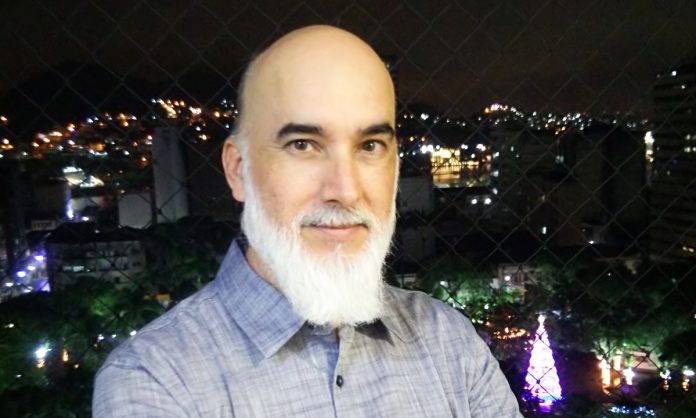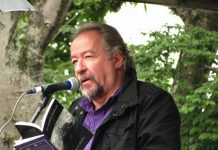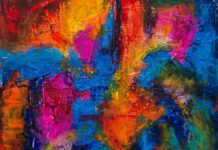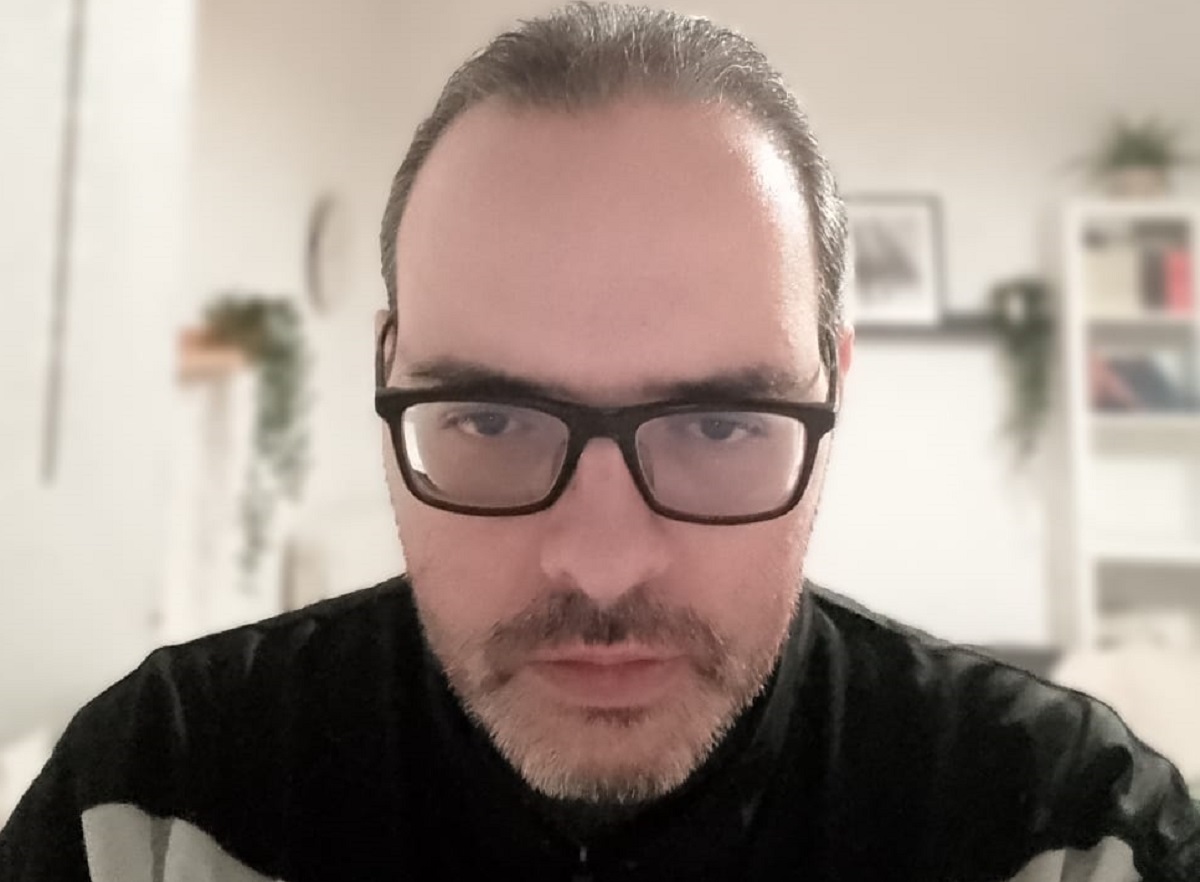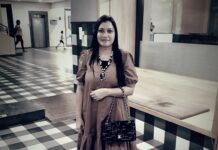What is Poetry to you?
Is it possible to define the essence of Poetry?! Poetry is everything and nothing! Poetry is Life saying yes to existence, saying yes to mysteries, saying yes to all possibilities, yes to destiny. Poetry is the verb of Atman vibrating in the human throat. It is Life revealing the mysteries of the universe through language. It is the very Will to Power manifesting its presence in the world. It is the Word, finding in flesh, the shelter of the senses. It is OM vibrating in every metaphor.
What is your literary creative process?
Intuition commands my poetic process. I am not a methodical, deliberate writer, I am not a professional wordsmith with academic rigors, with technical postulates. During creation, I try not to let myself be influenced by writing methods, nor do I allow rationality to mediate or impose its logic. Since I’m a Libra, I let my imagination fly free to trace its own flights. I like it when Poetry comes out spontaneously and quickly, inspired by anything, by any event, subject, news, or even other poems or pains that are not mine, anguish that I can imagine in my body. After everything is created, I go on to ponder the meaning, the impact, the relevance of each word, the coherence of structure, rhythms, images, intentions, ambiguities. For me, creation must be totally free in its most intuitive moment.
Which Poets are your literary references? Or who marked your lyrical maturity?
This is a difficult question to answer, because each era is marked by different poets, by new or old poets that we encounter on our existential journey. But I can highlight those poets who made and still make great sense to me, who still illuminate my poetic path, they are: Fernando Pessoa/Portugal, Renata Bomfim/Brazil, Carlos Drummond de Andrade/Brazil, Conceição Lima/São Tomé and Príncipe, Antonio Machado/Spain, Rabindranath Tagore/India, Mansour Al-Hallaj/Iran, Al-Ma’arri/Syria, Fabíola Mazzini/Brazil, Nirmala Devi/Goa-India, Álvaro Mata Guillé/Costa Rica, Juan Gelman/Argentina, Mili Das/Calcutta-India, Kutti Revathi/Tamil Nadu-India, Rui Cóias/Portugal, Arseny Tarkovsky/Russia, Luís Augusto Cassas/Brazil, Sophia de Mello Breyner Andresen/Portugal and, more recently I discovered Rose/Tamil Nadu-India… these are some of my most beloved poets, obviously there are others, but I can’t name them all here.
How do you see and understand contemporary Poetry?
In the West I see poetry stagnant due to superficial, pseudo-academic discourse; Western Poetry resembles a daily chronicle, without truth or impact; it seems to me that the contemporary poet walks without imagination, without fire in the tongue, without courage to speak the truth that flourishes from the heart. I believe this is due to an excess of intellectualism, of poorly understood erudite references. But I notice that Eastern Poetry has been renewing itself, it doesn’t allow itself to be captured by bookish intellectualism or academic discourses. Eastern Poetry, for example Indian Poetry written by women, is more attentive and lucid, it considers the movements and manifestations of Life with more discernment and boldness.
What is the responsibility or commitment of the Poet in today’s world?
The contemporary Poet has the duty to denounce the decadent structures of society, to ponder social and political errors and successes, to extract from the akasha the truth of humanity’s existential trajectory, to propose new metaphysics, a new spirituality, new myths, to dare a new civilization. Look, for example, at what happens in Gaza and how many poets are engaging in denouncing genocide by the Zionist State of Israel. The poet is the voice of their time [zeitgeist] and as such, has the ethical obligation to make the verb of truth resonate in the egregore of each locality to combat the cognitive dissonance so abundant and pernicious.
What is your relationship with India?
I live in a country [Brazil] that was once called the “West Indies,” not by accident, this mistake awakened my curiosity in childhood and when I watched the TV series MAYA [1967/8 – USA, prod. Frank King] with actors Jay North [Terry Bowman] and Sajid Khan [Raji] I identified [and fell in love] completely with the places, with the characters, with the customs presented in the series. Since then, I have been approaching India [Bharat] more and more. In maturity I studied Advaita Vedanta and got an academic training in Yoga, thus entering deeper into Indian culture and philosophy. I discovered Tagore and the Bengali poets. And recently I discovered, through world astro-cartography, that I have Venus’s line passing over Calcutta, West Bengal. I believe this is not by chance, but a strong sign of loving relationship with the region. I believe the feeling is mutual, as I make many poet friends in this region of India. Indian poets, especially women poets, have taught me to see the world in general and, the feminine in particular, with more attentive eyes emptied of prejudices, they have taught me empathy with their life stories and original and bold perceptions. I really admire Indian poetry!
About the Author
Francis Kurkievicz is a poet and editor from Brazil; he has a bachelor’s degree in Philosophy – UFPR / 2002, and an MBA in Management and Production of RTVC – UTP / 2011. In December 2020, by Editora Patuá, he published the book of poems B869.1 k96. His poems have been published in digital magazines in Brazil and around the world; In 2022, his poems were published in the two largest poetry anthologies in the world: Living Anthology of Writers of the World, organized by Margarita Al – Russia; World Poetry Tree, and contributed to the epic book Manseerah – The Great Poetic Epic of Modern Man, both volumes edited by Adel Khosan – Dubai/UAE – 2024.


